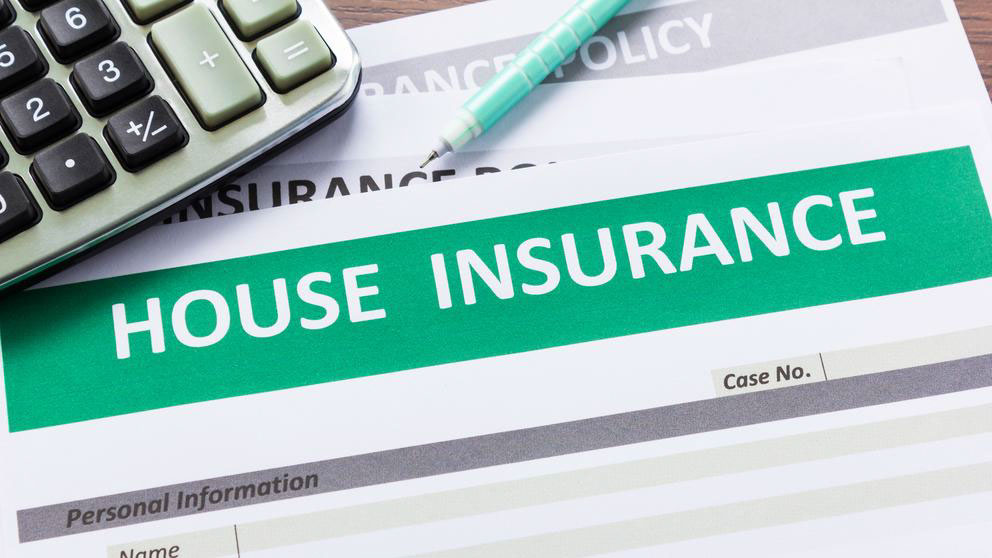Owning a home is likely the largest investment you will make. The benefits are many, including stabilizing your housing costs with a fixed mortgage, gaining equity and taking advantage of tax benefits. How can you best protect your investment? I is designed to do just that. Unlike car insurance, home insurance isn’t required by law. You can own a home without a homeowners insurance policy, but only if you bought your home outright and are willing to gamble with such a large asset. If you have a mortgage, your lender will most likely require you to have a homeowners policy. When considering what is covered under a standard homeowners policy, you may have asked yourself questions like, “Do I actually need more coverage than what is included?” or “Do I need extra earthquake or flood coverage?” We’ll help you understand what is covered, what is not and whether your current policy is comprehensive enough for your situation.
Coverage basics
A homeowners insurance policy exists to protect your home against accidental losses. Standard coverage falls under four areas: Structural coverage pays to rebuild or repair your home due to damage or destruction. It covers damage or destruction due to fire, water and acts of nature, like tornadoes, hurricanes, lightning and hail. Personal property coverage protects your personal belongings in case your clothes, furniture and other personal items are stolen or destroyed. Expensive items like jewellery, art and collectibles are covered as well, but may have dollar limits. Liability protection protects you against lawsuits from injury or damage that you or your family cause to other people. If, for example, your child accidentally breaks a neighbour’s antique dishes, your homeowners policy will cover it. Additional living expenses covers living expenses incurred while you’re living away from home because of damage from a disaster. Damage resulting from earthquakes, landslides, mudslides and floods is not covered. You’ll need to purchase additional insurance if you live in a flood zone or in an area with frequent earthquakes. If you’re wondering how much structural coverage to purchase, here’s a good general rule: Purchase enough to rebuild your home. To make sure valuables are covered for their appraised value, consider adding a personal property floater to your policy. Personal belongings coverage extends to items that are stored away from your home too, such as in a storage facility. Insurance doesn’t include normal wear and tear to your home or to items in your home. For example, if your refrigerator suddenly stops working, water seeps in through a crack in the foundation or your sink begins to leak, you’re responsible for the repairs. Your liability protection also provides no-fault medical coverage in case a visitor is injured in your home, such as if they twist an ankle on your stairs. If you’re brought to court, liability coverage pays for the cost of defending you in court and any damages you must pay (up to the limit stated in your policy).
What’s not covered
There is a handful of situations other than wear and tear that a standard homeowners policy doesn’t cover, despite the fact that they are somewhat common. These situations include:
- Dog bites. Some dog breeds known to be aggressive are completely excluded from coverage. Chances are, your dog won’t be covered by your policy if he or she has bitten someone before, even if not considered an aggressive breed.
- Mould. Some insurance companies will add an endorsement for mould coverage, but you must pay for it. The best way to avoid mold issues is to be aware of moisture buildup in the first place.
- Pool accidents. A high number of fatalities occur in residential pools, increasing your liability. A policy may include coverage for the pool, but you’ll have to declare it and will likely have to buy additional liability coverage.
- Sewer backup. Sewer backups can cause major damage to your home’s floors, walls and electrical systems. If you think this could happen to your home, consider buying extra coverage.
While homeowners insurance is designed to protect your home, it’s important to be prepared for any situation that may arise. Talk with your insurance broker about your current coverage and whether your policy meets all your needs.
Please note: This content is for informational purposes only and not for the purpose of providing, financial, medical or legal advice. You should contact your attorney, doctor, broker or advisor to obtain advice with respect to any particular issue or problem.
Copyright © 2021 Applied Systems Inc. All rights reserved.



